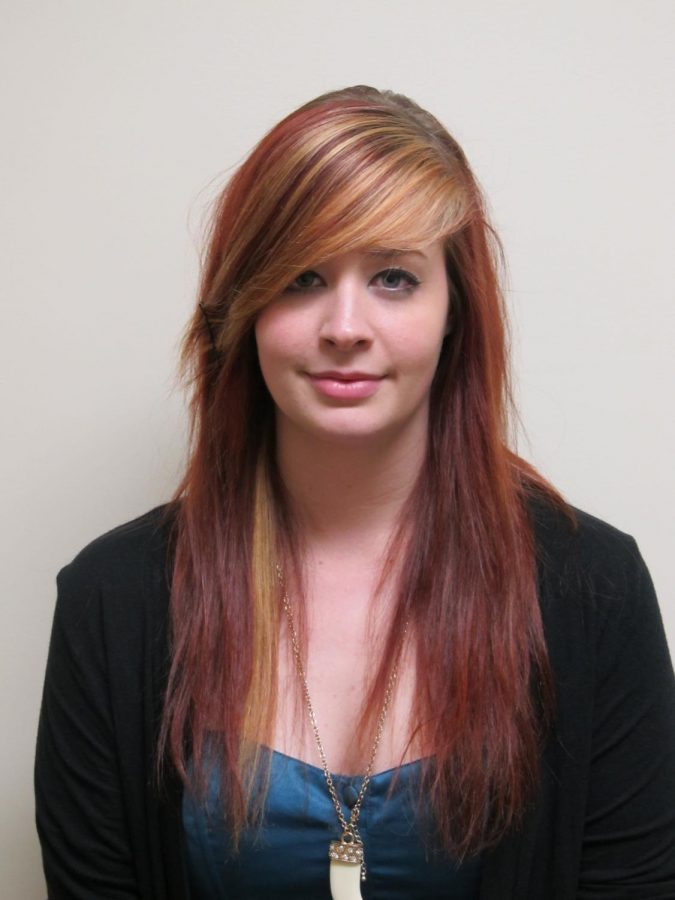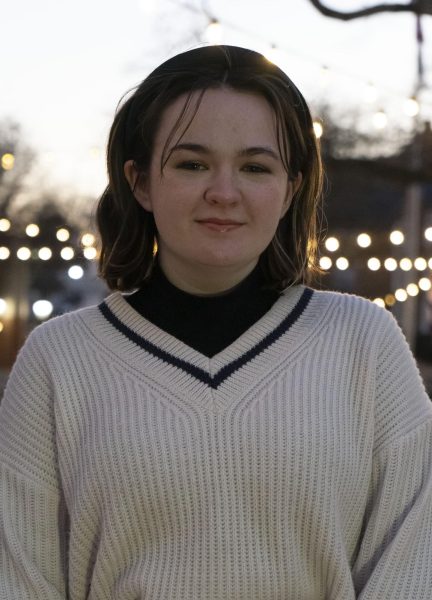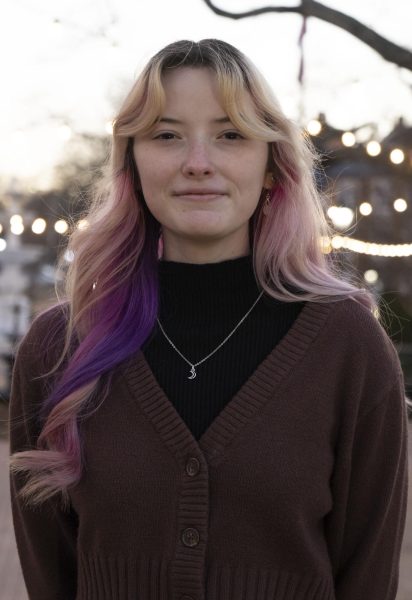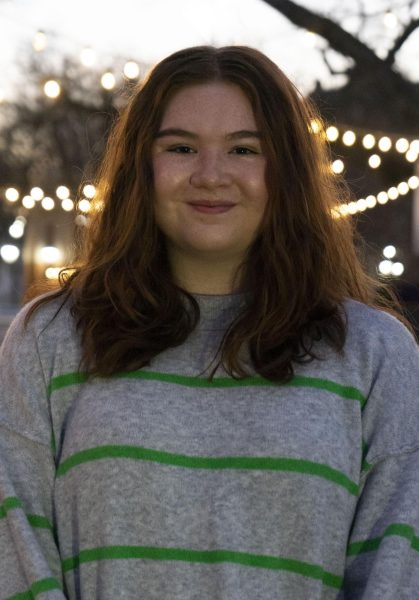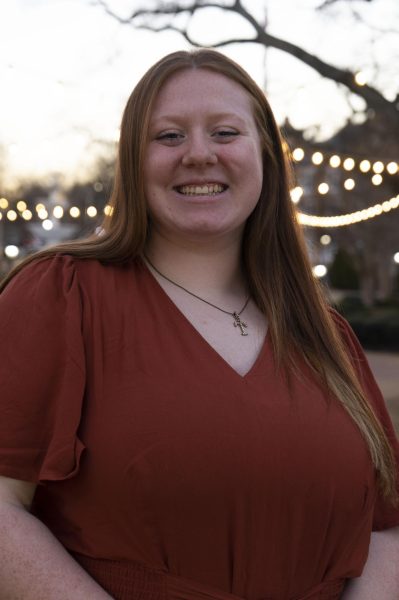Help for eating disorders exists
March 15, 2012
This column is not to seek out pity. The reason I write this article is to provide an insight to what it is like to have an eating disorder. With the upstart of National Eating Disorder Awareness Week earlier this month, memories of my period of full-blown bulimia flood my mind.
I graduated high school six months early and had a whole year of nothing to do before I started UNA. I spent a lot of my time sitting around the house in stretch pants, watching cartoons and eating the worst foods you could imagine. If it was deep fried, it was demolished with a shot of ranch. I was in a long-term relationship and gave little thought to my appearance.
The moment I realized I had actually gained weight was when I walked into American Eagle and did not walk out with new jeans because I had outgrown the largest size they carried in the store. It tore me apart and disgusted me. I cried and looked at myself naked in the mirror for hours, trying to figure out what happened.
I started to diet. I gave up all meat but fish Actually, I gave up the majority of everything. I went straight hardcore, giving no thought to “all things in moderation.” I dropped weight like crazy—five pounds here and there—and I continued to dwindle my diet down to nothing but Slimfast and cottage cheese. I was proud of my resolve and willpower.
The first time I made myself throw up was about a month into my diet. My weight loss had slowed, and I was craving macaroni and cheese, mashed potatoes, cream cheese icing and McDonald’s. I convinced myself a little slip in my diet wouldn’t hurt, so I consumed everything in my line of view. As I finished my last bite of food, the guilt flooded me. I don’t know what gave me the idea, or why it happened, but I was making my way to the bathroom. I turned on the shower so my father wouldn’t hear me gagging my brains out. When I was finished, the guilt was gone. My stomach was empty, and so were my thoughts.
I continued to stay strict on my diet, but the weight would not come off anymore. I started throwing up after every meal—up to six times a day—even if all I had eaten was some fish and a serving of uncooked broccoli. This continued for four months.
Everyone noticed the skinnier me. I had dropped around 70 pounds in those short months, and I felt amazing. I had developed a habit of looking up the calorie count for every bit of food I ate, and I documented it ritually. I only allowed myself 500 calories on some days. I was able to hide this from my friends by isolating myself, but they obviously noticed my drastic weight change. I would always eat in front of them, and then excuse myself to make my way to the bathroom afterwards. My best friend finally noticed. I would always change the subject when she brought it up.
I cracked when I googled an image of a cheeseburger. It dawned on me when I was staring at that screen how awfully I had been treating my body. I wasn’t concentrating on writing, reading or even playing a fun game … I was looking at pictures of food. The power it had over my mind was like a religion. When I purged, I felt like I was giving up the sin of gluttony and becoming stronger. In actuality, I was destroying my vocal cords, causing dangerous crashes in my blood sugar and giving my hormones hell.
The next day I bought the biggest burger I could find and enjoyed every bite. It was a struggle to not make myself vomit, but I did it. I eventually cured myself, both physically and emotionally.
Because I never looked unhealthy (the smallest I had gotten was 125 pounds), no one thought it was damaging or even noticed. To this day, my family never knew. I want to let people know that even though you aren’t wafer thin, it doesn’t mean it isn’t killing you. It is killing your mind, causing unthinkable damage to your body and controlling every aspect of your life. It was the loneliest period of my life because I was keeping such a big secret and felt like I was the only one who could ever understand what I was going through. I advise all that are suffering from any kind of disordered eating to seek out help—it exists. People may judge you, but your health matters more than someone’s arbitrary opinion of what they don’t understand.


